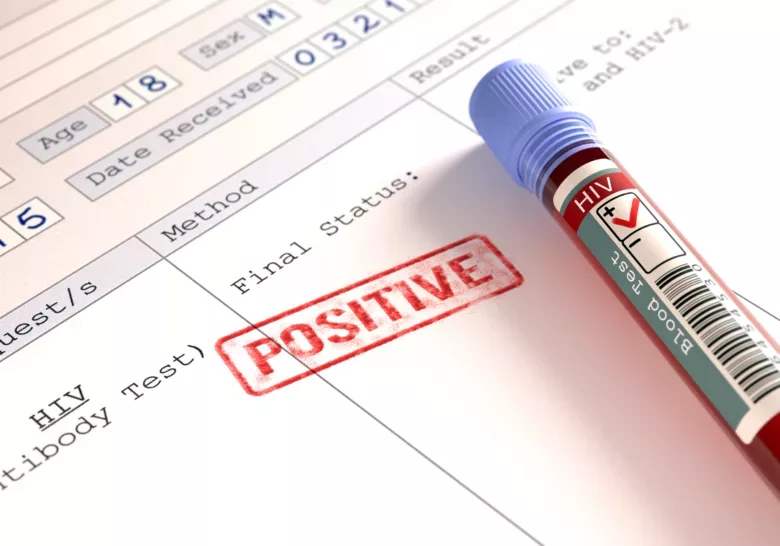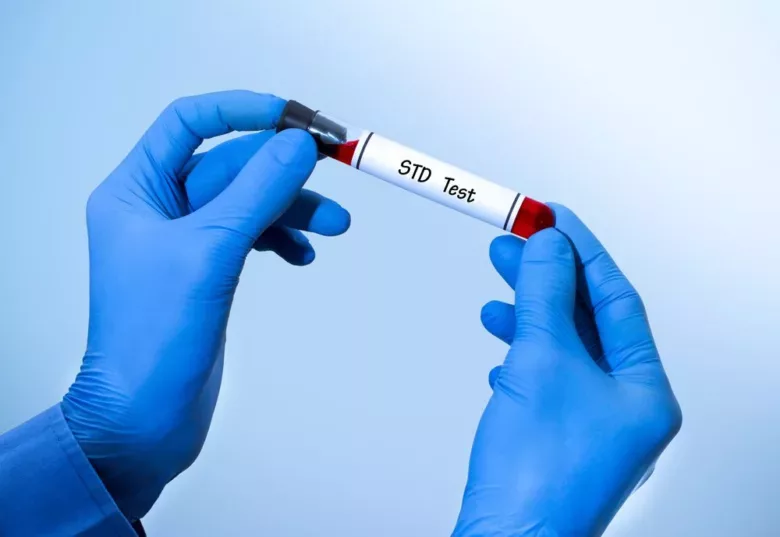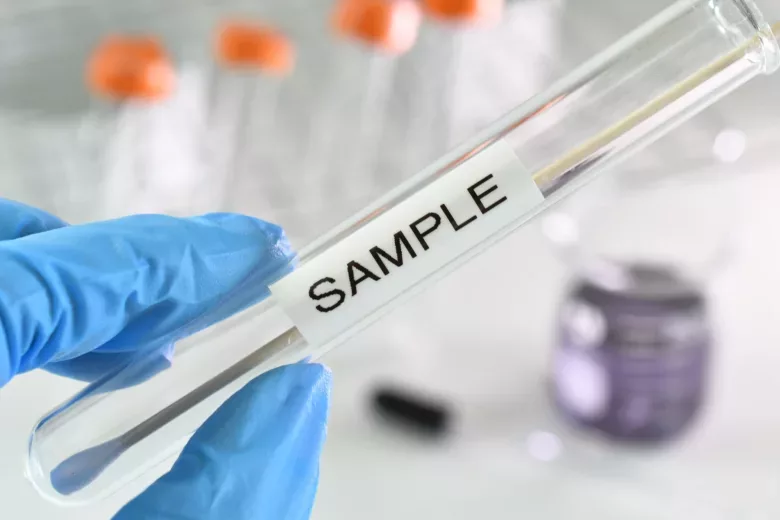Phoenix has seen a significant increase in the frequency of STDs in recent years, impacting people from all walks of life. The seriousness of this epidemic has often been ignored by the masses and poses huge risks to the general health of individuals. In Phoenix, factors such as inadequate access to sex education, STD stigma, and unsafe behaviors have been a cause for concern. They have fueled the alarming rise of the STD menace for years.
In this blog, we will not only look at the underlying reasons and overall implications of this veiled epidemic that has heavily impacted the citizens of Phoenix but also, the importance of regular STD testing.
Current HIV statistics in Phoenix
The HIV epidemic is one of the major problems in Phoenix, Arizona. From 2020-2021, 64% of reported cases of HIV affected people aged from 20-39 years.
Even though the transmission of HIV among men decreased by 1% in 2021, it didn’t stop taking a toll on the overall STD statistics of Phoenix. The Hispanic population of Phoenix experienced a 60% increase in HIV cases in 2021.
Also with the COVID-19 pandemic looming large, there was a 33% decrease in HIV testing in 2020 compared to previous years. Notably, with public funding the STD testing rate increased by 35% in 2021 compared to 2020.
Factors influencing STDs in Phoenix
Several factors contribute to the rising number of sexually transmitted diseases (STDs) in Phoenix. Here are some important influences:
- Absence of Comprehensive Sex Education: People who get little or no sex education in schools can be unaware of safe sexual activity. This might encourage riskier behavior and a higher risk of STD transmission.
- Stigma and Shame: The stigma associated with the fear of STDs may deter people from undergoing testing and treatment as soon as possible. People can be afraid of being judged or socially isolated if they discuss their sexual health publicly.
- Inadequate Access to Healthcare: A lack of inexpensive healthcare services, including STD testing and treatment, can lead to delayed diagnosis and untreated infections, allowing STDs to spread across the community.
- High Population Density: Phoenix’s expanding population and high population density provide an atmosphere conducive to STD transmission, particularly in metropolitan regions where people live in close quarters.
- Poverty and Socioeconomic Disparities: Poverty and socioeconomic disparities can limit access to education, healthcare, and resources for STD prevention, rendering some groups more prone to STDs.
Common STDs in Phoenix, Arizona
STDs have been impacting the overall health of everyone in Phoenix, Arizona. Not only teens but also adults aged 55 and older are prone to STDs in this region. Let’s find out which STDs are now taking a toll in the area.
Chlamydia
Chlamydia is one of the most prominent STDs in Phoenix, Arizona. Since it’s asymptomatic, people aren’t much aware of this STD and hence it goes unnoticed. However, it can cause permanent damage to a woman’s reproductive system and cause ectopic pregnancies.
Gonorrhea
Gonorrhea is a common STD among youngsters ranging from 15-24 years. It mainly infects the genitals, rectum, and throat. Regular screening can help in detecting the infection easily and remove it from root to stem.
HPV
Like Chlamydia, HPV has also prevalently taken over the young population of Phoenix. HPV generally affects the age group of 25-39 years in this area. High-risk HPV can also lead to cancer like cervical cancer if left untreated.
HIV
HIV/AIDS generally attacks and weakens the body’s immune system. It can be spread through infected blood, semen, and vaginal fluids. It is one of the most common STDs in Phoenix. The Hispanic population of the region is mainly affected by this infection and there’s no cure for this. However, it can be easily controlled through medication, which also helps to prevent disease progression.

Areas in Phoenix are affected the most by STDs
Phoenix, Arizona is a massive melting pot housing people from different cultural and economic backgrounds. Many areas in Phoenix are severely affected by STDs rather than the most. Let’s see what they are.
Maricopa County: Housing more than 30% of the Hispanic population in this area, Maricopa County is one of the most affected areas in this pandemic. It is known to have reported chlamydia in the city with more than 25,000 cases.
In 2018, it was also reported in Maricopa County that 40% of babies born to women with untreated syphilis had been stillborn and died of the infection after birth.
Sun City: Sun City, Arizona now known as the “Fun City” is now the epicenter of STDs in the country. Not only youngsters but also people in the age group of 55-70 years old are severely affected by STDs in the region. In this region, Gonorrhea has been spreading the fastest among people over age the of 40.
Preventive measures and safe sex practices to avoid transmission
As STD testing has become ubiquitous in society, so are safe sex practices. Here are some common preventive measures you should take to avoid transmission and have a healthy sexual life.
- Regular Testing: Get frequent tests for STDs if you have multiple sexual partners or engage in sexual intercourse without protection.
- Vaccinations: Update yourself to regular vaccinations of STDs like HPV and Hepatitis B to reduce infections.
- Communications: Establish open and honest communication with your sexual partners about STDs. Agree on safe sex practices together to avoid any mishaps.
- Using Condoms: Condoms are the flag bearers of safe sex practices. Use latex or polyurethane condoms whenever you have vaginal, anal, or oral sex. Use dental dams and gloves during oral sex for manual stimulation to prevent direct contact with bodily fluids.
- Use PrEP: if you’re at high risk for contracting HIV, use PrEP. It is a daily medication that would substantially reduce the risks of HIV transmission.
Can’t find reliable testing facilities near you? Choose Affordable Rapid Testing, AZ
At this point, STD testing and prevention is more than a personal obligation; it’s a responsibility of an individual to ensure a healthy environment around the community. If you are struggling to find a reliable and pocket-friendly place to undergo routine tests for STDs near your region, Affordable Rapid Testing Arizona is your best bet. They conduct the test with utmost discretion and offer nothing but accurate lab results.
Choose Affordable Rapid Testing Arizona today and stay in control of your well-being and confidence. To know more, you can check out the website.


